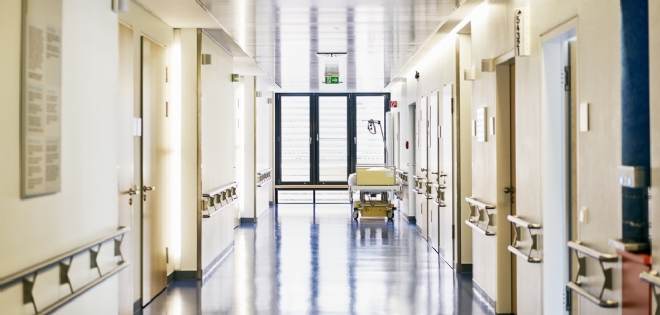MACs Impose New “Continuous” Collection Effort Requirement for Medicare Bad Debts

Hooper, Lundy & Bookman, P.C. (HLB) wants to make hospitals aware of current adjustments being imposed by certain Medicare Administrative Contractors (MACs) denying reimbursement for Medicare bad debts for the alleged failure to maintain “continuous” collection efforts during the 120-day period following the issuance of a bill to the patient for unpaid co-pay and deductible amounts. MACs are asserting that a patient is more likely to pay these amounts during the 120-day period, so continuous efforts are allegedly required to meet the obligation of hospitals to engage in a “genuine, rather than token collection effort,” in accordance with PRM-I, §310.
In denying reimbursement, MACs have been citing “gaps” in collection activity during the 120-day period, e.g., no bill issued to patient for several weeks following payments by Medicare and a secondary payer; several weeks without any collection activities during the 120-day period; and hospital collection activities that fall short of extending to the 120th day even though the account is subsequently referred to a collection agency. In many cases, the hospital’s collection efforts extended to referrals to both a collection agency and a secondary collection agency – resulting in collection activities exceeding hundreds of days. The abrupt application of this policy, absent any advanced notice to hospitals, is resulting in a significant loss of reimbursement and an increased administrative burden from the need to provide an explanation for any gap in collection efforts in any challenged account.
The MACs’ new “policy” is not set forth in any regulation and there is no case precedent or agency guidance addressing the issue. Further, the requirement constitutes a new policy that cannot be applied because (a) it has not been adopted as a notice-and-comment rule, and (b) retroactive application is contrary to law. Finally, the requirement has no reasonable application to lengthy collection activities engaged in by hospitals that extend well beyond 120 days to which the “presumption of noncollectability” does not apply. The presumption of noncollectability specifies that a debt may be deemed uncollectible if after reasonable and customary attempts to collect the debt, the debt remains unpaid more than 120 days after the first bill is sent to the patient.
HLB is prepared to assist hospitals with this issue. If you would like more information or need assistance, please contact Bob Roth, (202) 580-7701, or Arthur Peabody, (202) 580-7710, in the D.C. office or your regular Hooper, Lundy & Bookman contact.

